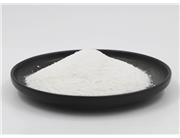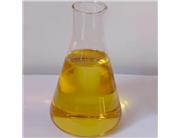ITEM | STANDARD | RESULTS |
Appearance | White or almost white crystalline powder | White crystalline powder |
Dissolution | Easily solubale in water, solubale in 95% alcohol | Complies |
Indentification | (1) Should be positive respond
(2) IR graphs should be conforms to the reference standard | Complies |
pH | 7.0~9.0 | 7.94 |
Clarity | should be not more than 1# working standard solution | Complies |
Color | Should be lighter than the standard solution | Complies |
Optical transmission | Not less than 95% | 99.2% |
Water | 19.0~21.0% | 19.66% |
Chlorides | Not more than 0.01% | Complies |
Product Name:Mildronate
Synonyms:M'eldonium
Type: Mildronate Oral Grade, Mildronate Injection Grade
CAS Number: 76144-81-5
CharacteristicsWhite crystalline powder.
Melting Range: 85-90C
Assay99.0% ~ 101.0%
FormulaC6H14N2O2
Usage: Mildronate (M'eldonium) is mostly to cure coronary artery problems, especially angina and heart attack. Its therapeutic activity is produced by altering pathways for carnitine, a nutrient involved in fat metabolism. When there is little blood flow into our human heart or other part of our body, Mildronate (M'eldonium) will come to use. Please do pay attention to the dosage that will be used. Mildronate can also be used to treat brain circulation disorder. By this way, it can make us a better mood.
M'eldonium (also known as THP, met-88 and mildronate) is a new heart protective drug.Developed by latovia organic synthesis, first marketed in the former Soviet union in 1989 by Grindeks, it is a structural analogue of carnitine, chemically known as 3- (2, 2, 2-trimethylenehydrazol) propionate dihydrate.It has been registered and listed in more than 20 countries, including Russia, Turkey, India and Romania.
M'eldonium acts on mitochondria at the cellular level to improve myocardial energy metabolism. In view of these drugs and other anti-myocardial ischemia significantly different, also known as cell anti-ischemic drugs.
M'eldonium is a structural analog of carnitine that competes in the inhibition of butyrate betaine hydroxylase, thereby inhibiting the biosynthesis of carnitine, which directly inhibits the transport of carnitine-dependent fatty acids in mitochondria. Inhibition of carnitine biosynthesis can reduce the concentration of intracellular free carnitine and prevent isoproterenol-induced acyl carnitine accumulation. Therefore, the drug has a significant protective effect on the myocardium, resulting in this protective effect at the same time on the hemodynamic parameters had no significant effect, cardiac blood supply and cardiac oxygen consumption was no significant change.

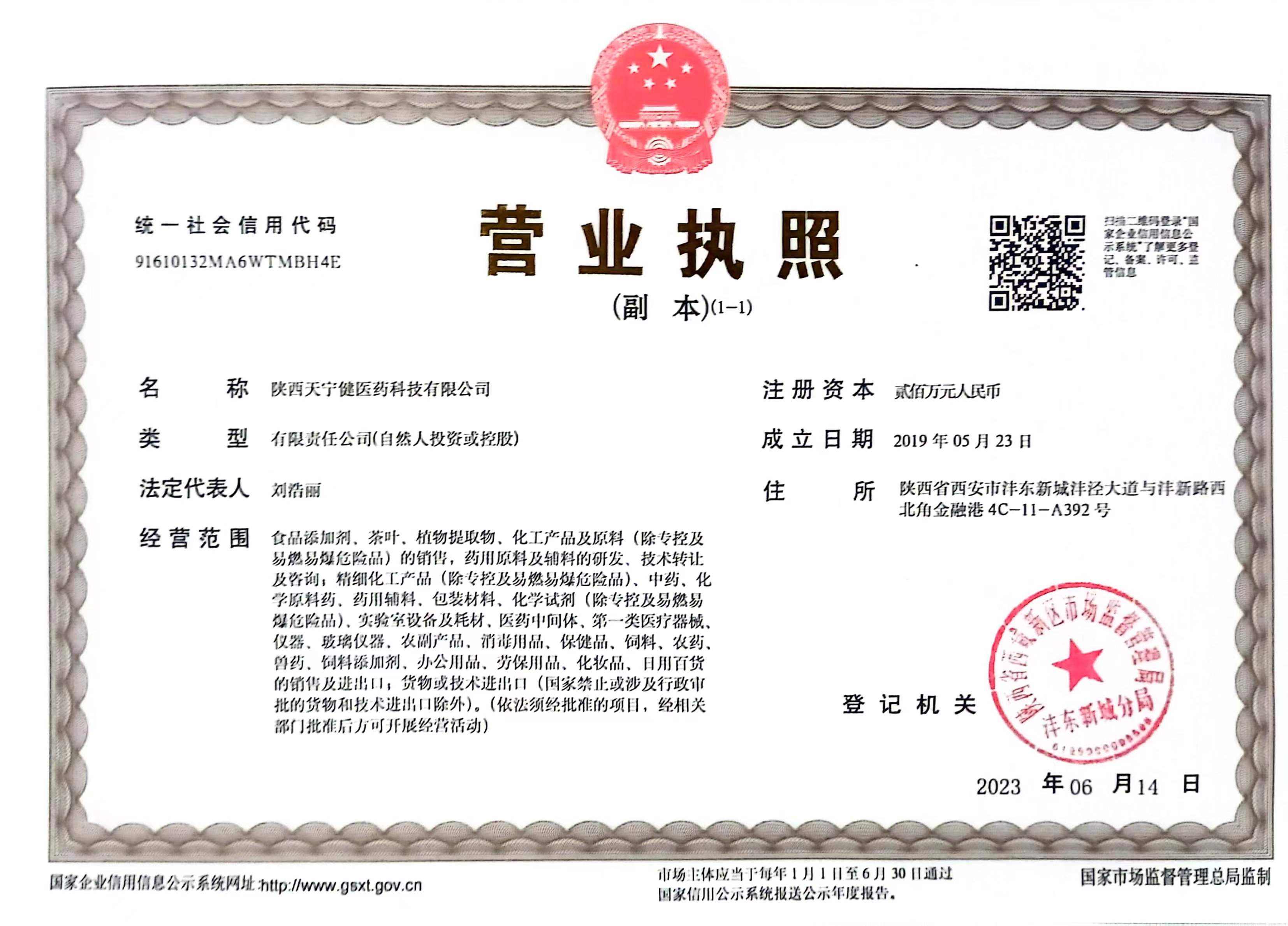
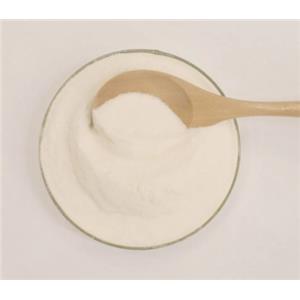
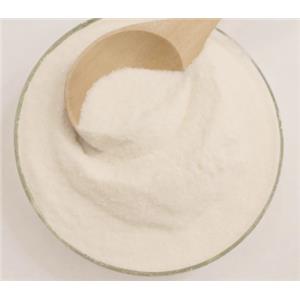

 China
China
